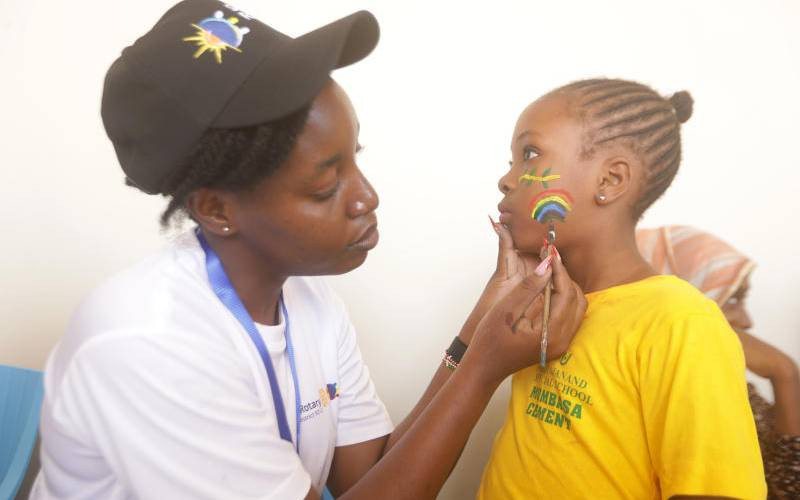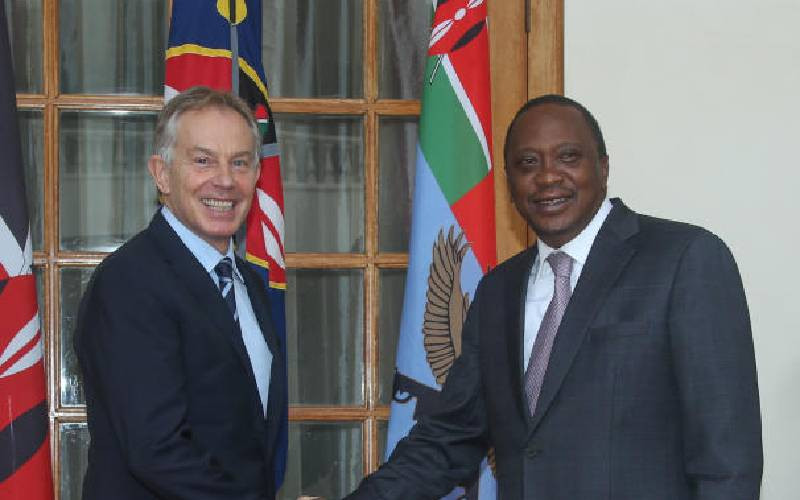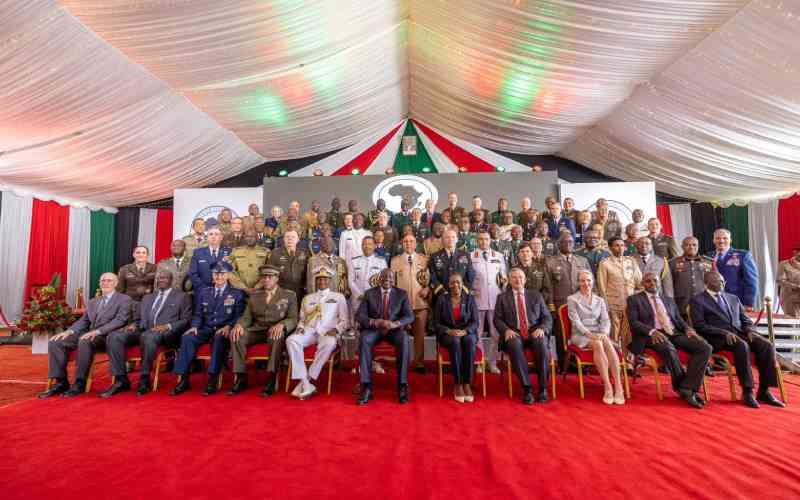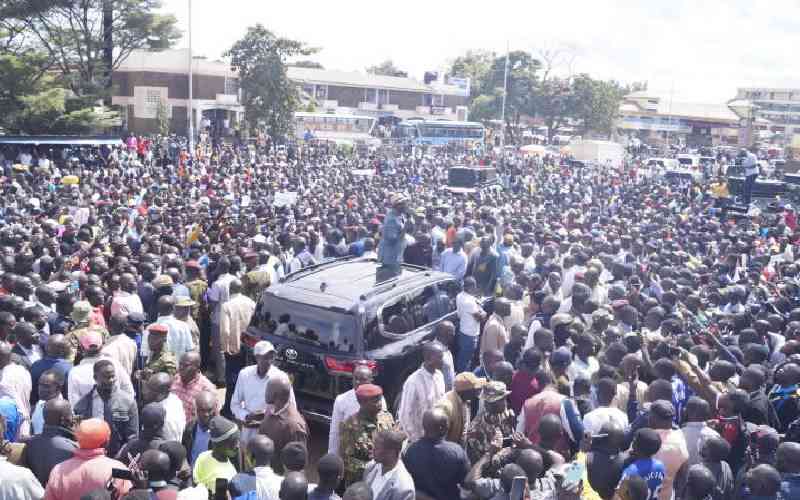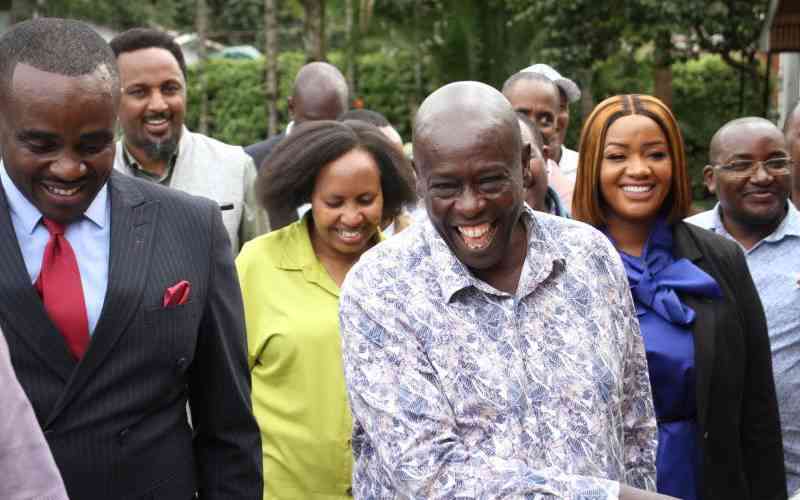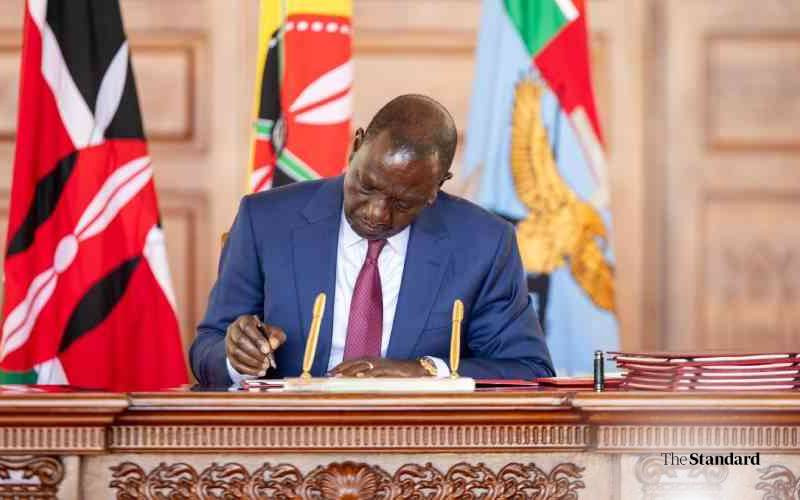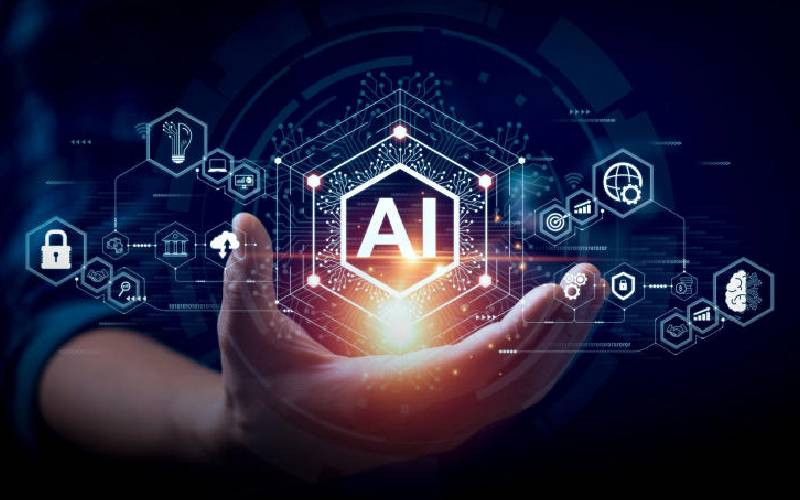
There is threat from Artificial Intelligence (AI) ‘deep fake’ warriors. They are good at what ‘futurist’ Chris Karanja terms ‘face mapping’ which enables them to make fabrications that sound like truth. Since there are elements of truth in each ‘deep fake, it takes sharp, alert, and probably trained minds to detect a particular ‘deep fake’. As a tool of modern warfare, along with faceless drones, AI is part of the complicated defence cyber domain whose difficulties include detecting perpetrators of various attacks. Being of two opposite potentials, threat and benefit, to society, AI worries policymakers.
AI warriors target the public’s souls and minds, particularly the youth, playing on what some people probably want. Pope Leo XIV warned of the great social justice impact that AI will have on victims of generated ‘deep fake’. The Pope was a target of deep fake in the supposed exchange between him and Burkina Faso’s President Ibrahim Traore. Both men are relatively new on the world stage, realise the enormity of the forces before them, appear determined to be assertive, and sound ‘revolutionary’. Traore is popular with deep fake warriors who repeatedly pare him with other ‘famous’ persons, like Kenya’s President William Ruto, and make him look good. Traore’s supposed letter does not appear to exist anywhere and the purported papal response is missing in other media outlets. It is unlikely that all media would miss such major papal statement that would amount to an encyclical.
The potential negative impact of AI worries more than Pope Leo XIV and it tends to make people lazy. As such, Supreme Court judge Isaac Lenaola warned lawyers and judges that some lawyers were making submissions using AI-generated material instead of doing serious research. Subsequently, judges go through submissions only to find that the purported authorities were fake or non-existent. The Ministry of Foreign Affairs embarrassed itself by spreading a deep fake featuring CNN’s Fareed Zakaria supposedly praising Dr Ruto’s ‘peace’ activities in Sudan.
How the ministry fell into the deep fake trap remains mysterious. In universities, commercial activists seemingly lure students with AI-generated research papers to submit to demotivated lecturers. The questioning mind at the university is dulled so much that some ‘professors’ find joy in riding on the work of their graduate students to claim credit that belongs to the student. Joyriding on student work is evidence of intellectual laziness that is rampant in some universities.
Second, besides encouraging laziness of the mind, AI threatens aspects of individual and State security so much that various forward thinking Think Tanks are forced to look into it. One of them, GLOCEPS, organised a conference on ‘Securitasition of Artificial Intelligence and the Future of Africa’s Youth’. The threat that AI poses to national interests, particularly national security, has become a major concern. The participants, who included Wilson Boinett, chairman of GLOCEPS, noted that AI can have both positive and negative effects. It is the negative effects that send policymakers into head scratching on what to do.
AI, both technical/mechanical and mental/philosophical, is part of evolving technology which tends to be slippery and to make concepts of security equally slippery. The youth, often the target of AI operations, influence perceptions of what state security and geopolitical standing is. With policymakers facing mental/philosophical challenges rather than mechanical/technical, they require common sense as well as agile and open minds.
This raises the issue of whether policymakers know what the national interests to be advanced and protected in a particular state are. Questions about their competence to make decisions relating to the youth, perceptions of state security and securitisation, and geopolitics also arise. That competence depends on whether the education system inculcates, in the youth, knowledge of national interest and sense of national values across the country and generations. It is a balancing act.
 The Standard Group Plc is a
multi-media organization with investments in media platforms spanning newspaper
print operations, television, radio broadcasting, digital and online services. The
Standard Group is recognized as a leading multi-media house in Kenya with a key
influence in matters of national and international interest.
The Standard Group Plc is a
multi-media organization with investments in media platforms spanning newspaper
print operations, television, radio broadcasting, digital and online services. The
Standard Group is recognized as a leading multi-media house in Kenya with a key
influence in matters of national and international interest.
 The Standard Group Plc is a
multi-media organization with investments in media platforms spanning newspaper
print operations, television, radio broadcasting, digital and online services. The
Standard Group is recognized as a leading multi-media house in Kenya with a key
influence in matters of national and international interest.
The Standard Group Plc is a
multi-media organization with investments in media platforms spanning newspaper
print operations, television, radio broadcasting, digital and online services. The
Standard Group is recognized as a leading multi-media house in Kenya with a key
influence in matters of national and international interest.



